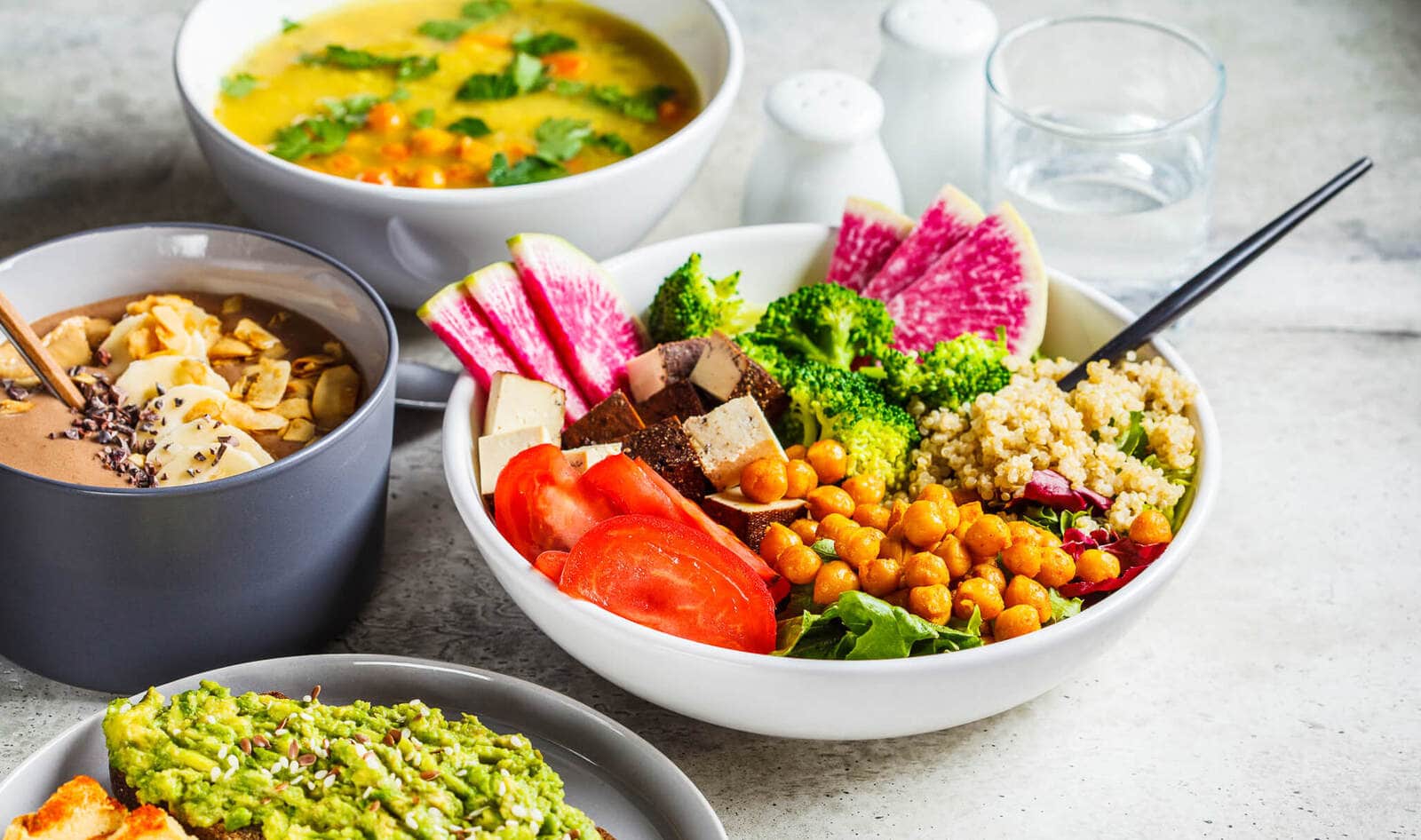Articles and Trivia
Write an articlePlant-Based Diets: Myths and Facts

In recent years, plant-based diets have gained immense popularity—not just among vegans or vegetarians, but also among health-conscious individuals looking to improve their lifestyle. While the movement is growing, so are the misconceptions. Let’s separate the myths from the facts.
Myth 1: Plant-based diets lack protein
Fact: Protein isn’t exclusive to meat. Lentils, beans, tofu, tempeh, quinoa, nuts, and seeds are excellent sources of plant-based protein. With proper planning, a plant-based diet can meet all protein needs.
Myth 2: It’s hard to get enough iron or calcium
Fact: While animal products are rich in these minerals, plant sources like spinach, kale, chickpeas, fortified plant milks, and almonds also provide them. Including vitamin C-rich foods helps enhance iron absorption from plants.
Myth 3: Plant-based food is bland and boring
Fact: The variety in plant-based cuisine is immense. Global dishes—from Indian dals to Mediterranean hummus and Asian stir-fries—are full of flavor, color, and texture.
Myth 4: It’s expensive to eat plant-based
Fact: Staples like rice, lentils, beans, seasonal vegetables, and oats are among the most affordable foods. Processed vegan alternatives can be costly, but whole plant-based diets can be budget-friendly.
Myth 5: It’s not suitable for athletes or active people
Fact: Many top athletes thrive on plant-based diets. With the right balance of carbohydrates, protein, and fats, such diets can support energy, endurance, and recovery.
Conclusion
A plant-based diet, when well-planned, can be rich in nutrients, affordable, and flavorful. It supports not only personal health but also environmental sustainability. Dispelling these common myths is key to understanding the true potential of plant-based living.


